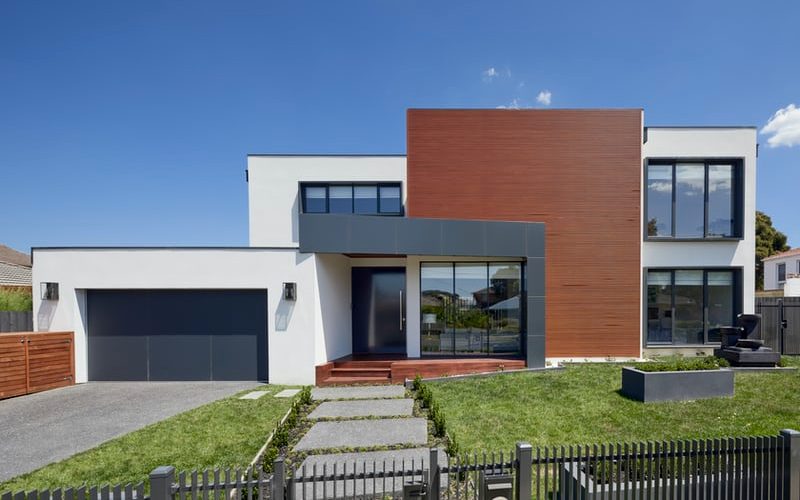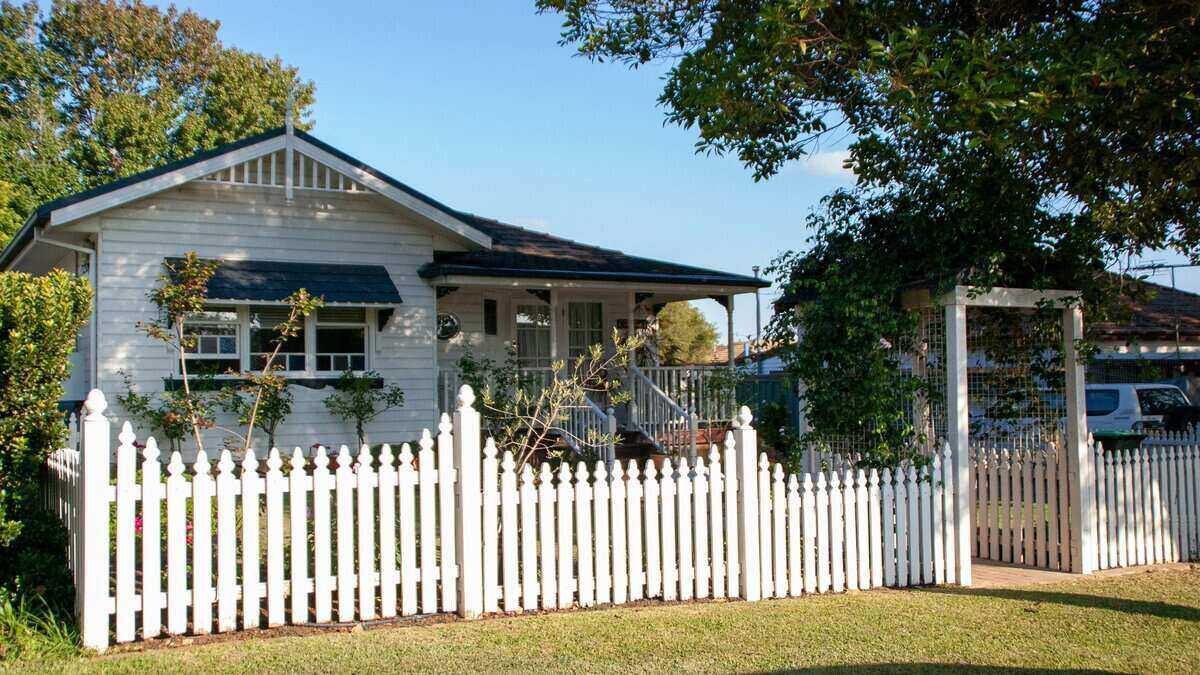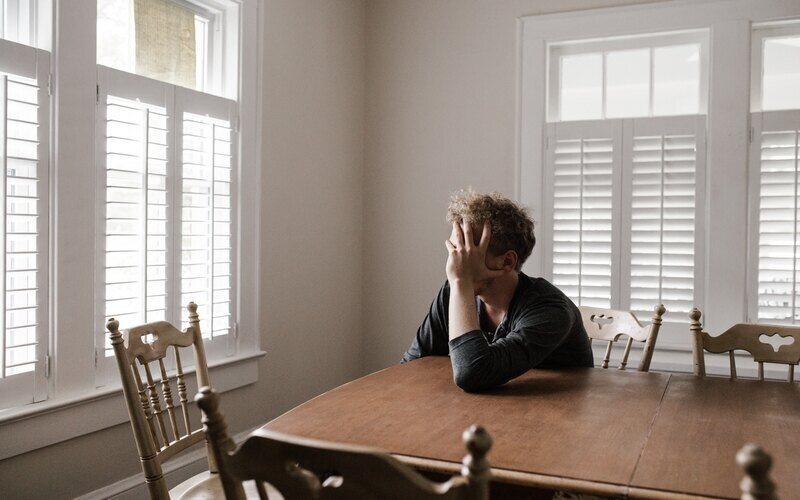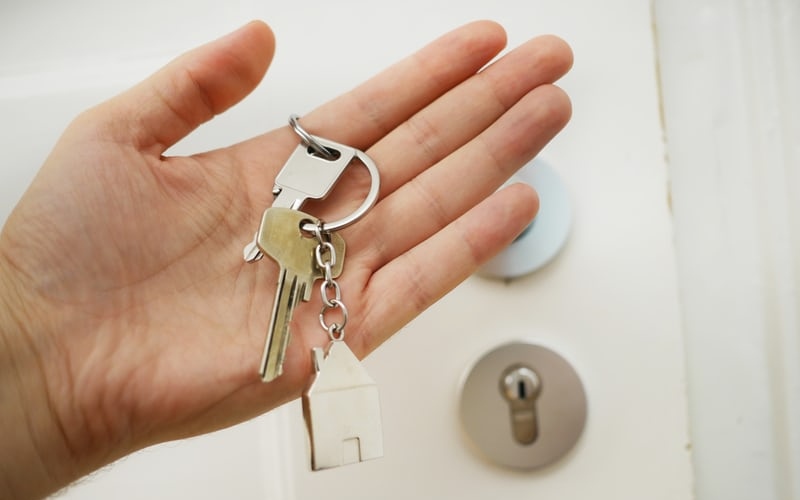The rebound in the property market looks set to be cut short, according to the latest Domain Property Price Report for March 2020.
Property values continued to climb in the March quarter, but early signs suggest the rate of price growth may have peaked before the pandemic hit.
Sydney property values led the nation, with house and unit prices climbing by 2.6% and 2.7% respectively.
Hobart house prices increased 2.2% in the March quarter, followed by Melbourne's house prices up by 2.0%.
The unit market didn't fare as well.
Apartment values fell by 8.1% in the Northern Territory, 5.2% in Canberra, 4.2% in Brisbane, and 0.4% in Melbourne.
"The coronavirus pandemic and economic shutdown altered the market mid-March," the report said.
"New listings began to fall suggesting vendors were becoming hesitant.
"This caution heightened in April with even fewer homes listed for sale, suggesting few forced sales."
CoreLogic Head of Research Eliza Owen expressed surprise that dwelling values have remained strong.
"It seems hard to digest that property values have not plummeted," she said.
"It is still likely that property values will fall amid the downturn. But the decline in momentum across property values has been relatively mild relative to what has happened in market activity."
Domain data showed an increase in vendors dropping their asking prices as economic uncertainty looms.
In Sydney, 14% of listings had asking prices revised in March, compared with just 5% in late 2019.
In Melbourne, asking prices were dropped on 13% of listings in March compared with just 3% late last year.
"These early signs suggest a broader market slowdown is anticipated as vendors seek a timely sale in fear of what may be ahead," the report said.
The report also found a 20% drop in new listings in the four weeks to mid-April compared with last year.
"Social distancing restrictions that banned open homes and auctions will also slow buyer activity, as well as low consumer sentiment, economic uncertainty and job security fears deterring buyers," the report said.
Ms Owen said the drop in listing volumes could be sustaining property prices.
"The fact that listing volumes and seller activity is so low, and therefore available housing supply constrained, may be one factor preserving relative stability in property prices," she said.
"Another, related factor may be vendor expectations. The fact that this is a temporary, enforced downturn means that vendors might be holding onto a relatively high expectation of their property value, with a view to sell once the economy returns to full-scale production.
"That is because the only people listing their property in the current climate, may be those who need to sell, because paying off a mortgage is no longer affordable. But the number of people in this situation is minimised by a break in mortgage repayments."
She said the true test for property values may come once mortgage repayment holidays end.
"Financial regulators, the Reserve Bank and the banking sector may extend reprieve for mortgage repayments in the scenario that the economy has not made improvements within six months.
"However, even once the economy returns to a state of normalcy, some households will have unpaid interest capitalised on their loan. This increases the amount of debt held.
"For leveraged households in severe stress from the result of COVID-19, greater assistance may be required in this scenario – particularly where the government and banking system will have a far lower interest rates on debt than mortgage holders for years to come."

Ready, Set, Buy!
Learn everything you need to know about buying property – from choosing the right property and home loan, to the purchasing process, tips to save money and more!
With bonus Q&A sheet and Crossword!


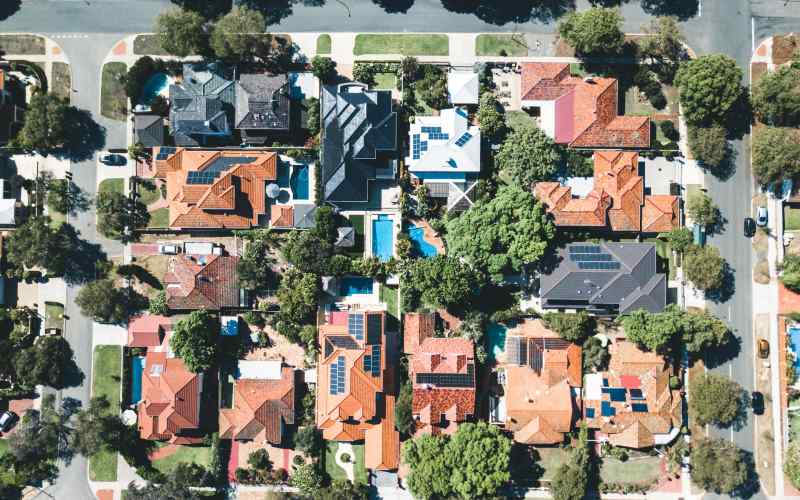
 Emma Duffy
Emma Duffy
 Brooke Cooper
Brooke Cooper
